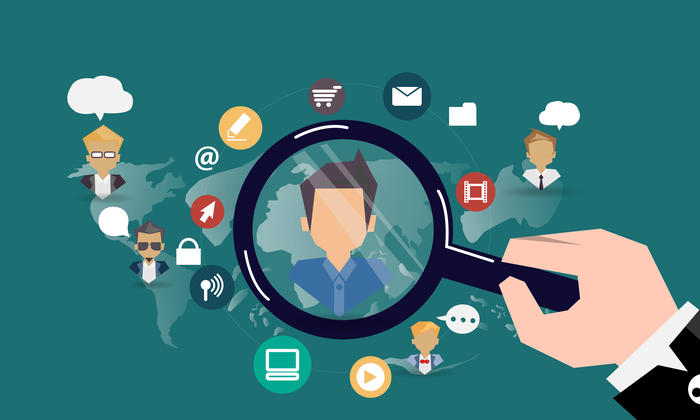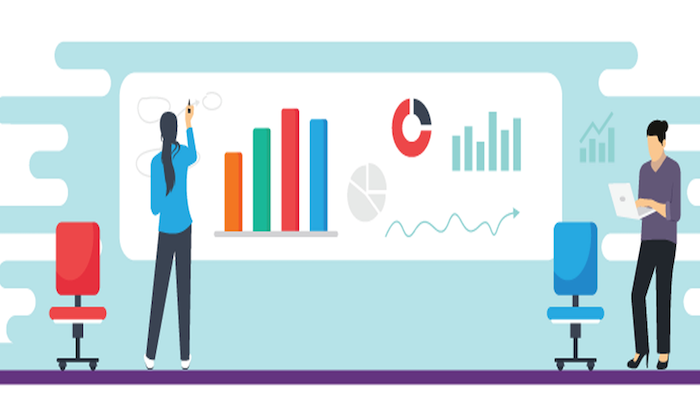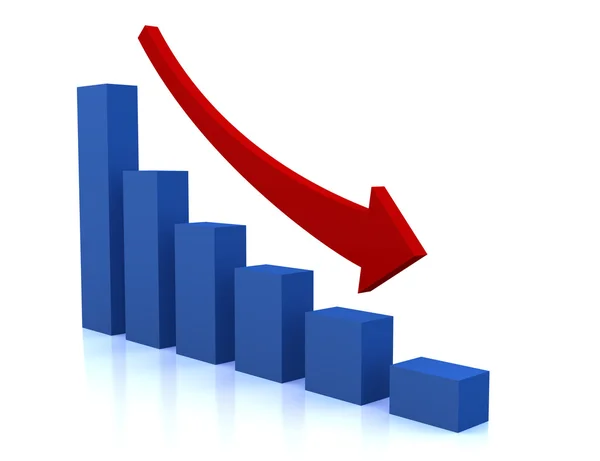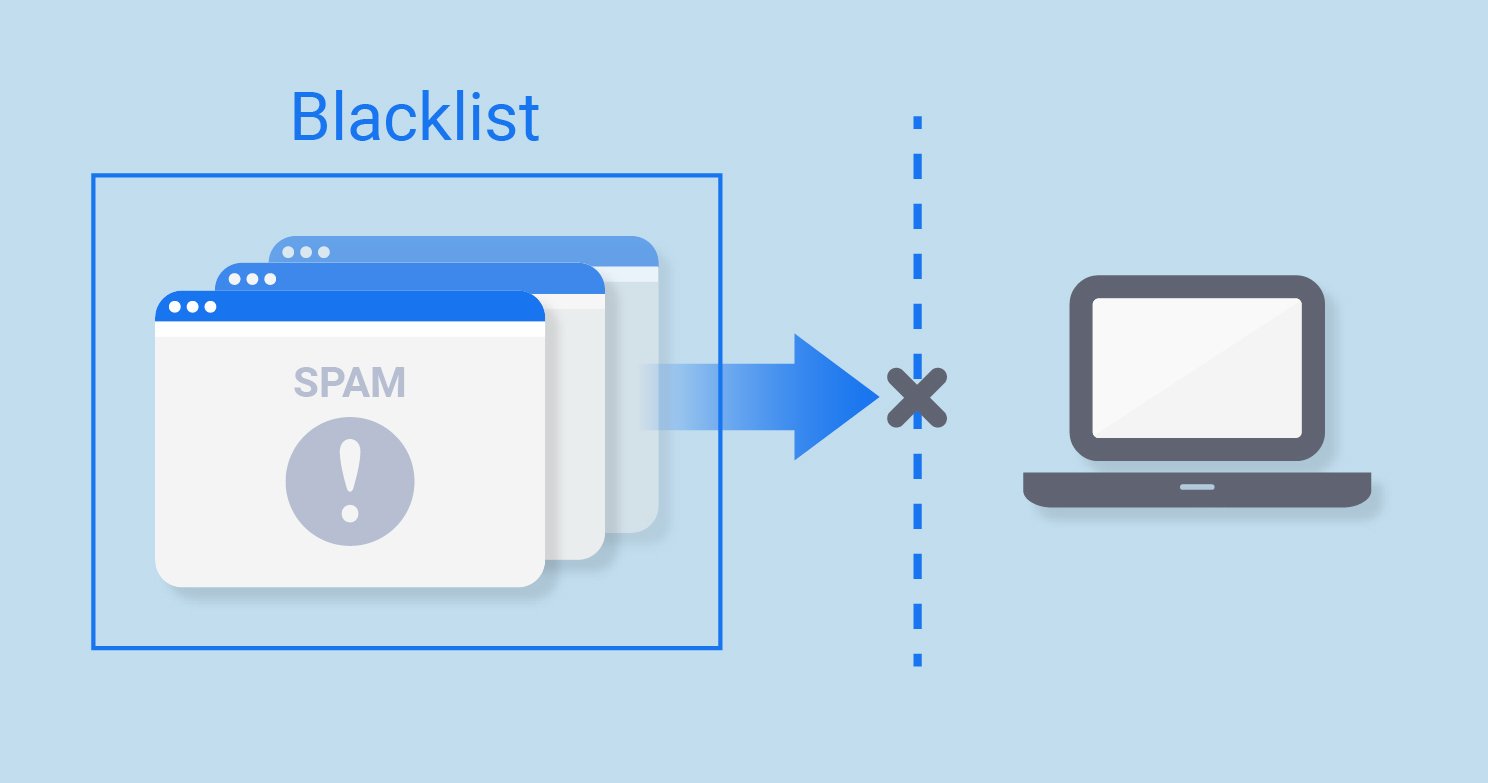5 Reasons Why Website Security Is Important
5 Reasons Why Website Security Is Important
According to some estimates, around 30,000 to 50,000 websites are hacked every day. This number is growing every day, and the importance of website security is rapidly increasing.
Security is becoming more and more important in the online world, and it is now vital to secure your website and the data it holds.
In this article, we will give you five reasons why website security is important.
Did you know – 56% of all internet traffic comes from automated sources such as hacking tools, scrapers and spammers, impostors, and bots. So you may be thinking – is my website safe from these tools?
Reason 1: hacked websites can target your customers

Malware is used to infect websites, collect data and in some cases even hijack computer resources.
Websites to which an attacker has gained access can redirect traffic and infect visitors with malware.
This means that if your website is unprotected, hackers can use your website to infect your website visitors with malware.
There are hundreds of different types of malware and thousands of different ways to infect your website, all of which are done mainly by automated hacking tools.
They all have in common that the hacked websites are mainly used for retargeting your potential customers, i.e., your website visitors.
Reason 2: The number of hacked sites rises rapidly

One thing they all have in common is that hacked websites are primarily used for retargeting your potential customers, i.e., your website visitors. There is another reason why website security is important – to keep your customers safe.
One study states that there is an attack on the web on average every 39 seconds and that the non-secure usernames and passwords being used give attackers more chances of success.
To be clear – an attack doesn’t always mean that something has been hacked. For example, we see thousands of attacks against the websites we protect every day.
In 2018, Google sent over 45 million notifications to registered website owners via Search Console, alerting them to possible issues with their websites that could affect their appearance in search.
In addition, they sent 6 million manual action messages to webmasters about practices that violate Google’s guidelines, as well as information on how to resolve these issues. And Google took action on nearly 90,000 user reports of search spam.
Cloud-based firewall provider Sucuri said in its report that they saw 170,827,313 attack attempts blocked in 2019. This is a 52% increase from 2018.
Reason 3: Business reputation loss and drop in revenue

Today, there are over 1.5 billion websites worldwide, and when people want to access the information on these sites, they rely on search engines.
As a result, search engine optimization is more important than ever, and every webmaster must understand what it means and the potential it can offer every business.
Google and other search engines (for which you don’t usually want to be on the naughty list) warn your customers and restrict their access to your website. Recently, Google, for example, has stepped up its game even more.
From July 2018, every website without SSL (HTTPS) will be flagged as insecure and therefore subject to SEO penalties, making it harder for your company to reach new customers.
Google has released new details about its fight against spam, revealing that over 80% of hacked websites have been detected and removed from search results.
But the fact is that because of a hacked website, customers lose trust and therefore can lead to a loss of reputation for your company, which for e-commerce can often mean the end of the business.
When it comes to website security and CMS security, infection rates are also positive on the rise. WordPress, for example, remains the leading website CMS to be infected.
On average, around 50,000 websites are hacked every day, and most of these 50,000 websites are legitimate small firms that are unwittingly spreading malicious code for cybercriminals.
When your website is hacked and added to different blocklists, potential customers cannot access the products or services on offer.
In short, if a potential customer visits your website and is warned or infected, the likelihood of the customer revisiting your website is extremely low.
Reason 4: Learning from mistakes: website clean-up is more expensive than protection

The first thing you should do as a website owner when you find out that your website has been hacked is to search for “how to clean up a hacked website.” Yes, you will find many blog posts and articles on the subject, but they will all end up recommending the same thing to you – let the professionals do it for you.
Performing WordPress malware removal so that you can be sure it is clean is not an easy task. That’s why services like this can cost more than $150 per site, and even then, depending on the service provider, you can’t be sure that the site is being cleaned properly.
Recent research by Acunetix shows that around 84% of websites contain vulnerabilities, which means that all websites are vulnerable to infection at any given time.
The process of malware cleaning on a website is more about understanding the vulnerabilities and understanding how Hackers think. This is why we always suggest service providers who do manual cleanups.
Malware is often hidden in raw files and databases, and attackers put a lot of effort into making sure you don’t efficiently remove their backdoors.
This is indeed expensive. Not only the malware cleanup service itself but the lost revenue and damage to your reputation is something that can eat up a lot of time and money to recover from.
Reason 5: Website gets blacklisted
What is Google Blacklist?

Without using the exact term “blacklisting,” Google quarantines at least 10,000 suspicious websites every day. You can identify these sites by seeing the message “This site could harm your computer” displayed in the search results.
This will act as a warning, prompting most users to stay away. Consumers are grateful for this warning, and businesses, on the other hand, are panicking.
When a site is blocklisted, search engines are expelling a site from their list. When a site is blocklisted, it loses almost 95% of its organic traffic, quickly affecting revenue.
Often, a website is blocklisted because it contains something harmful to users, for example, malware.
Cleaning up your website is only the first part of re-listing it on Google. Before you put your site out there again, make sure you have measures in place to prevent it from happening again. If you don’t strengthen your security measures, you could be vulnerable to the cybercriminals that infected your site the first time.
If your site is blocklisted, there are two main ways to recover a hacked site.
- Do it yourself if you have the required knowledge.
- If technical tasks are not within your skill set, find a trusted service provider.
So, why website security is important?

If your website is unprotected, Hackers can use your website to infect your website visitors with malware and steal the data your website holds.
The reality is that as a result of a hacked website, customers lose trust and, therefore, will result in a loss of reputation for the company, which for e-commerce often means the end of the business.
Enjoy the post? For More Posts Visit Stop Web Form Spam
Read More: How HTTPS (SSL) Works  & Differs From HTTP
& Differs From HTTP
https://neilpatel.com/wp-content/uploads/2021/06/shutterstock_414630034.png
https://www.stopwebformspam.com/5-reasons-why-website-security-is-important/?utm_source=rss&utm_medium=rss&utm_campaign=5-reasons-why-website-security-is-important
Comments
Post a Comment